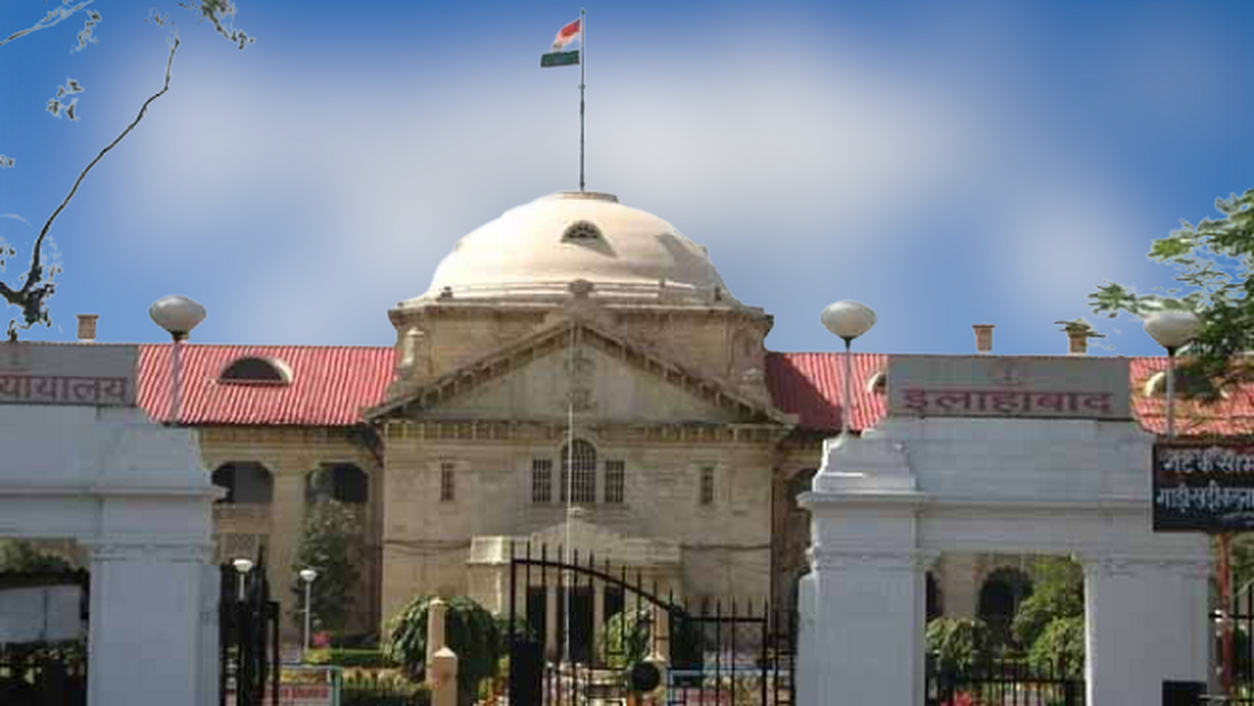In Writ Tax No. 1056 of 2023 -ALL HC- Allahabad High Court stays coercive action against M/s Baghel Trading Co. in GST case, issues notice to state government on validity of service of order through common portal
Justice Piyush Agrawal [03-10-2023]

Read Order: M/s Baghel Trading Co v. State of U.P. and 2 Others
Chahat Varma
New Delhi, October 12, 2023: The Allahabad High Court has stayed coercive action against M/s Baghel Trading Co. (petitioner), in a GST case. The Court also issued notice to the state government and sought its response on how and under what manner the deeming service as per clauses (c) & (d) of sub-section (1) of Section 169 can be said to be deemed service as per sub-section (2) of Section 169 of the Goods and Services Tax Act (GST Act).
The writ petition in question was filed to challenge the orders dated 19.8.2023 and 23.10.2021. The petitioner contended that the impugned order was neither communicated nor served to them. The petitioner further argued that the department had failed to understand the distinction between the terms ‘communicated’ used in Section 107 of the GST Act and ‘served’ used in Section 169 of the GST Act. According to the petitioner, while the order dated 23.10.2021 may have been served by making it available on the portal, as provided under Section 169 of the GST Act, this did not amount to the communication of the order. The petitioner also highlighted that sub-section (1) of Section 169 of the GST Act specifies various modes of service, such as registered post, speed post, email, portal availability, publication in newspapers, or affixation. However, as per sub-section (2) of Section 169 of the GST Act, the order is only deemed to be served if it is done through tendering, publication, or affixation as provided in sub-section (1). The petitioner further argued that the statute does not indicate that an order made available on the common portal is deemed to be served, and clauses (c) & (d) of sub-section (1) of Section 169 are not covered by sub-section (2) of Section 169 of the GST Act.
The single judge bench of Justice Piyush Agrawal acknowledged that this matter required further consideration and directed the state government to submit a counter affidavit.
In addition, the court ordered the petitioner to deposit 50% of the disputed tax amount in accordance with the law, while also ensuring that no coercive actions are taken against them during this time.
Sign up for our weekly newsletter to stay up to date on our product, events featured blog, special offer and all of the exciting things that take place here at Legitquest.




Add a Comment